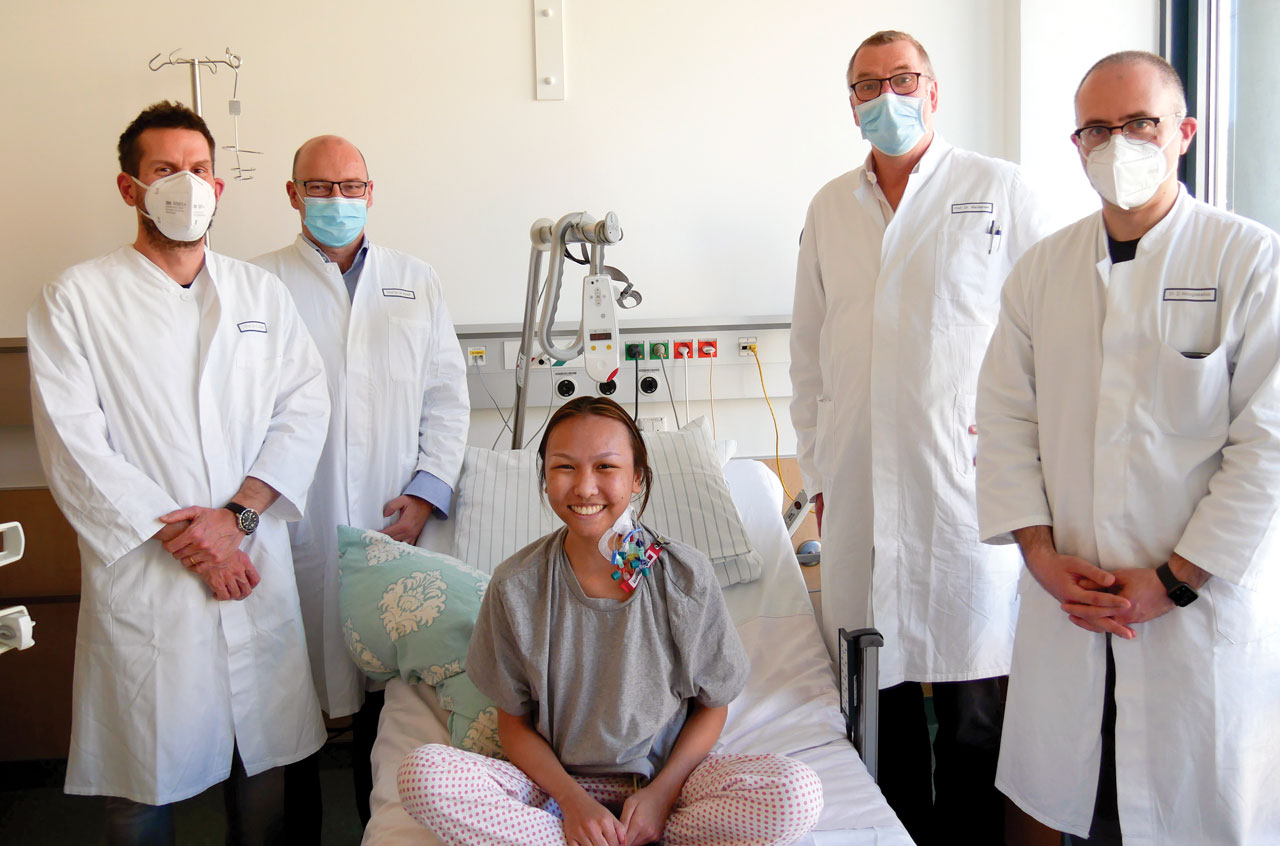
Researchers at the Beni Messous University Hospital Center in Algiers have announced a major breakthrough in the field of immunology, publishing their findings on September 2, 2025, in the international journal Frontiers in Immunology.
The study identifies a previously unknown genetic mutation, offering fresh insights into rare immune deficiencies and highlighting Algeria’s growing role in global medical research.
The discovery centers on a mutation in the CD19 gene, critical for the function of B cells, which are key components of the immune system.
“This gene acts like a lock, enabling the activation of defense mechanisms.
When it is altered, it is as if the key is missing or no longer fits, preventing the body from correctly producing antibodies necessary for protection against infections,” the researchers explained.
The study followed two related patients who displayed persistent symptoms of immune deficiency, prompting detailed genetic analysis.
Sequencing revealed a novel homozygous mutation—present on both copies of the gene—disrupting B cell markers and explaining the patients’ clinical difficulties.
According to the research team, the implications extend beyond these individual cases, enriching the global map of mutations linked to immune disorders and providing a new reference point for diagnosis.
“This progress underscores the importance of developing local research platforms capable of analyzing rare pathologies,” said the team. In a country like Algeria, where communicable and chronic diseases remain prevalent, the ability to explore specialized areas of biomedical research reflects a commitment to skill diversification and scientific advancement.
Immune-related diseases remain complex and often poorly understood.
Primary immunodeficiencies, for example, are hereditary disorders that affect the production or function of immune cells, making diagnosis challenging.
The Algerian study contributes valuable data that could improve early detection, inform therapeutic strategies, and enhance understanding of the immune system’s broader functioning.
Beyond its academic significance, the research may influence clinical practice, enabling targeted testing, reducing ineffective treatments, and informing personalized therapies. For the CD19 gene, applications could extend to oncology and cell therapy, where it plays a strategic role.
“This discovery strengthens Algeria’s position in international scientific collaboration and demonstrates that major breakthroughs can emerge from any country where motivated teams have the right resources,” the researchers concluded.
The study marks a milestone for Algerian science, showcasing local expertise and offering hope for patients worldwide affected by rare immune disorders.



